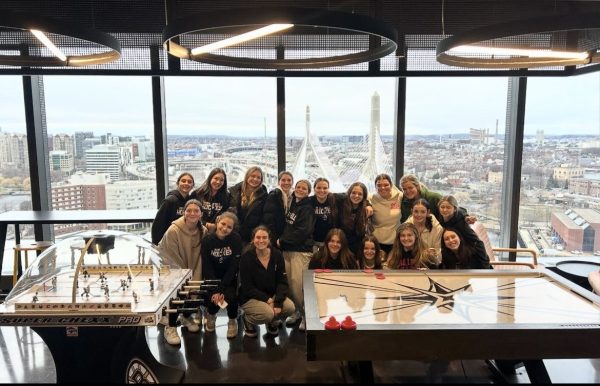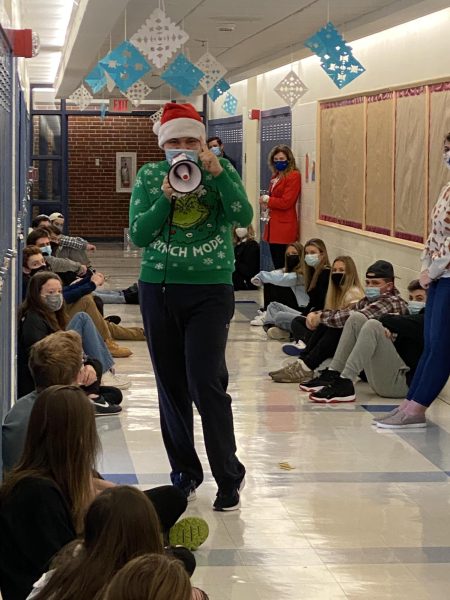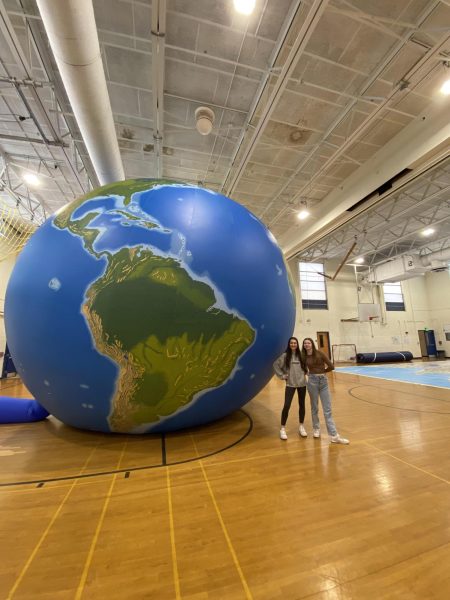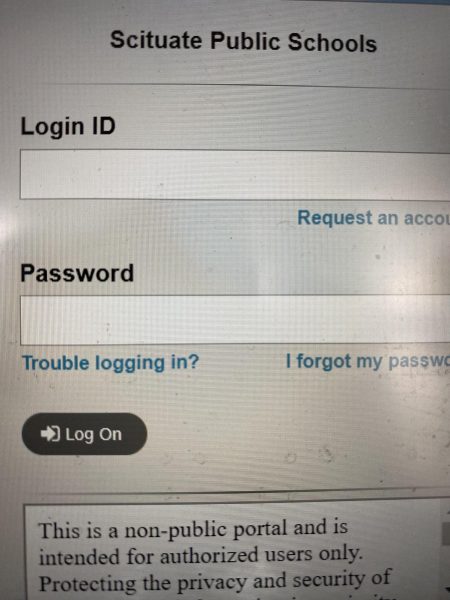School Safety Needs More Focus
Students advocate BeSafe Technologies

November 7, 2019
Every. Single. Day. It’s been seven years since Sandy Hook, and on average, a mass shooting has happened in America every day since. As the next anniversary of Newtown’s tragedy looms, America faces the reality our apathy has birthed. Regardless of how uncouth it is to suggest–Scituate could be next. At this rate, to think otherwise is naive. Mass shootings, specifically in schools, have become a part of everyday conversation, and preparation for active shooter situations has become an unfortunate necessity in our community.
So what does Scituate do to prevent this from happening and prepare students if it does? The answer is, rather, unfortunately, underwhelming. Other districts have adopted training programs like ALICE Training to prepare for shootings. Scituate has favored a less intensive, three-hour annual training involving only staff. Students may find themselves once or twice a year in a lockdown drill, a practice that merely involves shutting the classroom door, turning off the lights, and sitting in the corner of the classroom—all measures that are increasingly understood to be less than effective.
Chief of Scituate Police Michael Stewart said the training in Scituate is “not being taken seriously.” Furthermore, he took issue with “some teachers [still] teaching during lockdown drills.” Despite the fact that both police and administration officials like Superintendent Ron Griffin have made clear their support for more training, the administration has been slow to make changes. The gridlock is partially a result of concerns over possible increases in student anxiety and the disapproval of parents.
We propose that the school administration works with the Scituate police department, student representatives, school psychiatrists, and teachers to develop a lesson plan that would train students on how to be prepared for an active shooter situation. BeSafe Technologies can provide abbreviated, straightforward response plans for the 10 most common school emergencies. Once students and teachers have completed the appropriate training and drills, we believe that discussions should take place, too. These serve both as a critical time to ask clarifying questions and as a way to reassure concerned students.
It is unacceptable for anyone to resist training efforts on the premise that a shooting will “never happen in Scituate.” When officials encourage more training measures they are not questioning the safety of this town–rather they are trying to uphold it. Scituate is not dissimilar from the communities in this country scarred by school shootings. Even though it is highly unlikely that any kind of gun violence would occur in Scituate, we continue to prepare for even less likely emergencies.
For example, public schools routinely have fire drills even though the last fire-related death in a school happened in 1958. High-schoolers are not afraid of fire drills because we practice them so frequently. We believe that active shooter training would eventually be viewed with the same expectation as fire drills.
The idea is not to scare students, but to prepare them. Students are aware of the harsh realities of this world—so why not prepare them to make them feel safer? Not only can this training inform students how to act in a school emergency, but it will also give students the confidence to navigate a world increasingly marked by gun violence. Gun politics can continue to stall in Washington, but at the local level, we have the opportunity and resources to develop the apolitical solutions that will make us all safer.









